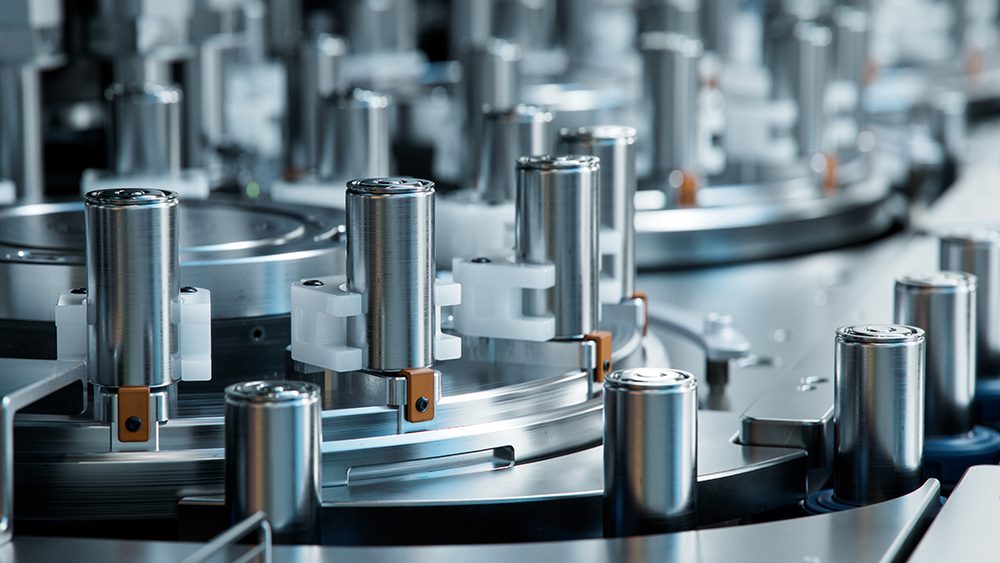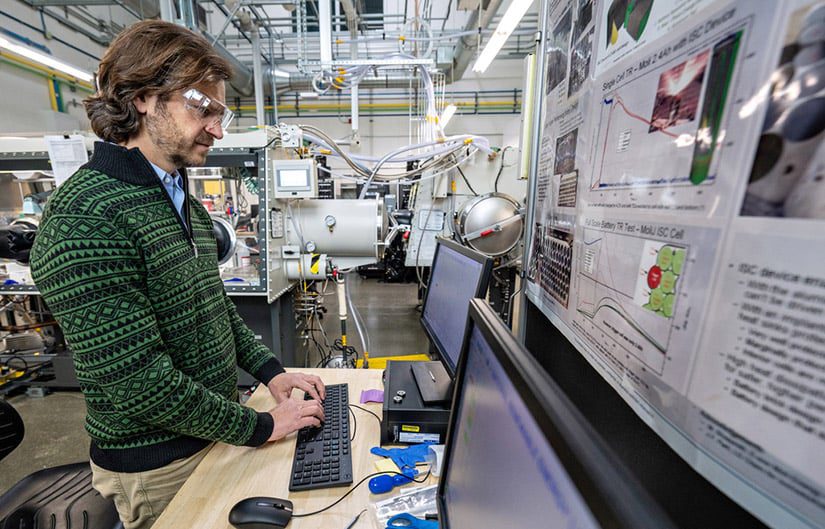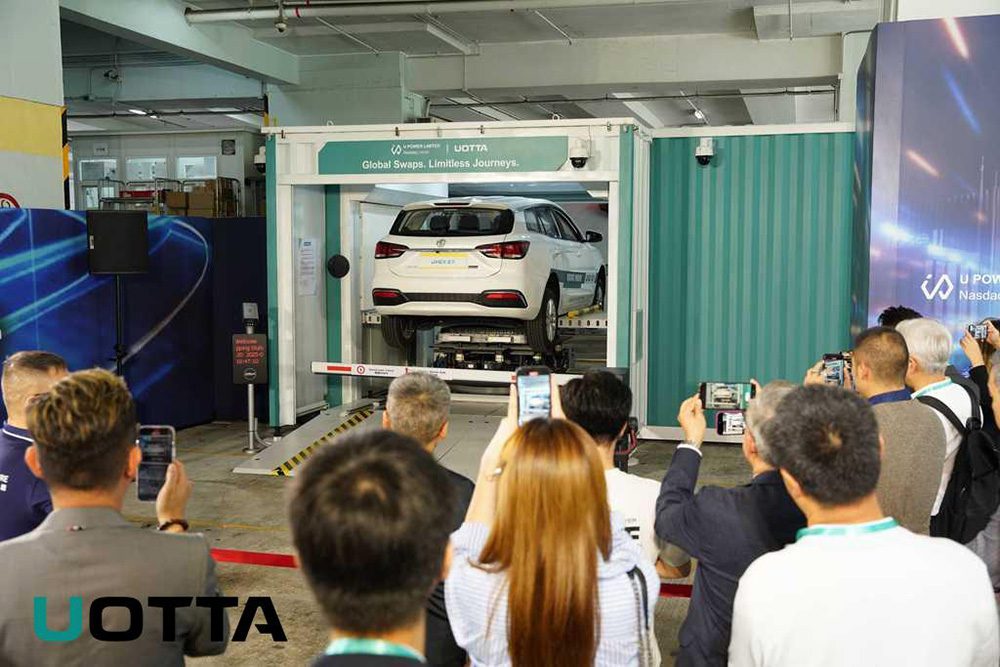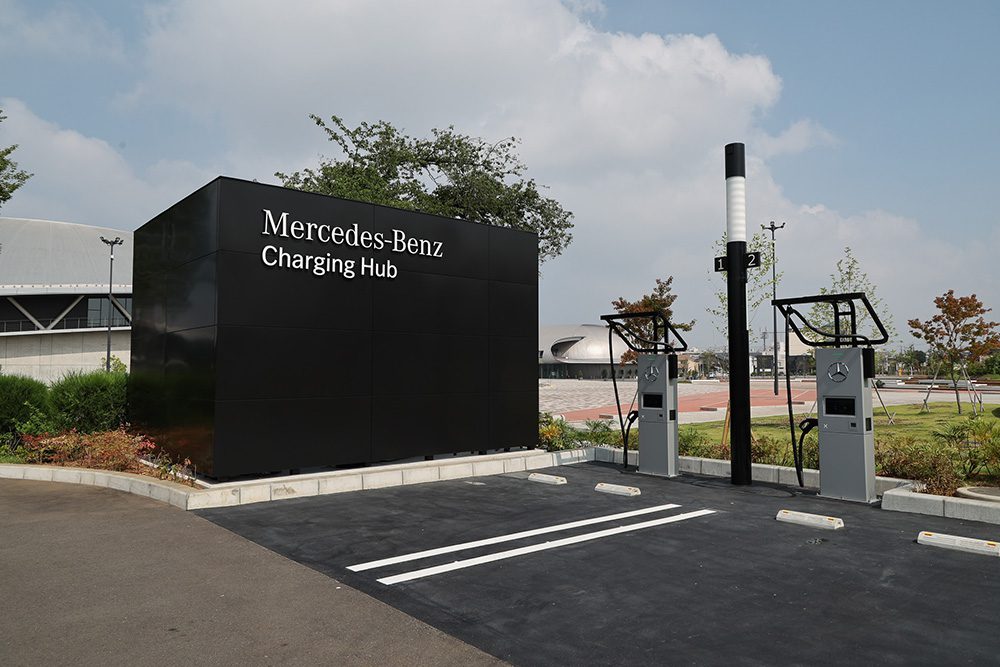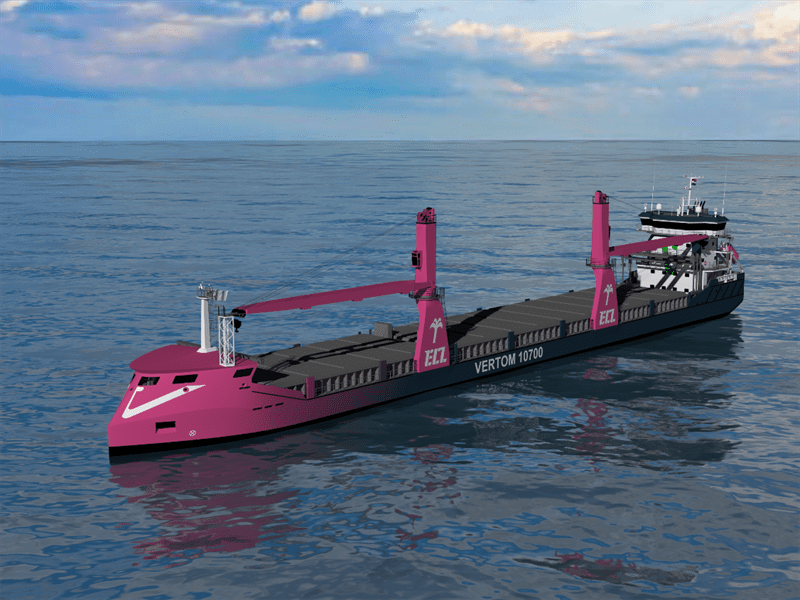The European Parliament voted through the world’s toughest carbon dioxide standards for new cars this week. The new rules will limit emissions to 95 grams of carbon dioxide per kilometer (g/km) as an average across all new cars sold in the 28-nation bloc from 2021, compared with the existing limit of 130 g/km.
The European Commission wanted the target to apply from 2020, but German car makers such as Daimler and BMW campaigned hard for more time to implement the legislation, and succeeded in getting it delayed by one year. Most greenies praised the agreement as a step in the right direction.
“All’s well that ends well,” said EU Climate Commissioner Connie Hedegaard. “The 95 g target is achievable by employing technologies available today. But it is clear that long-term clarity is important for the car industry. This is why the Commission will now focus on the next step and come up with ideas for a post-2020 target in the coming months.”
“This one-year delay was an unnecessary weakening to please luxury German carmakers. Nevertheless, the final agreement is still a good deal for the environment, EU economy and drivers – reducing fuel use and CO2 emissions by 27% over 6 years,” said Greg Archer of environmental group Transport and Environment.
However, the group said the improved efficiency in 2020 would be much less than officially stated unless a new testing system is introduced as part of the new emissions standards. “The current test is unrepresentative, with weak rules that carmakers manipulate leading to fuel economy figures on average 23% worse in tests than typically achieved on the roads.”
Source: Reuters, Responding to Climate Change
Image: justusbluemer/Flickr








































